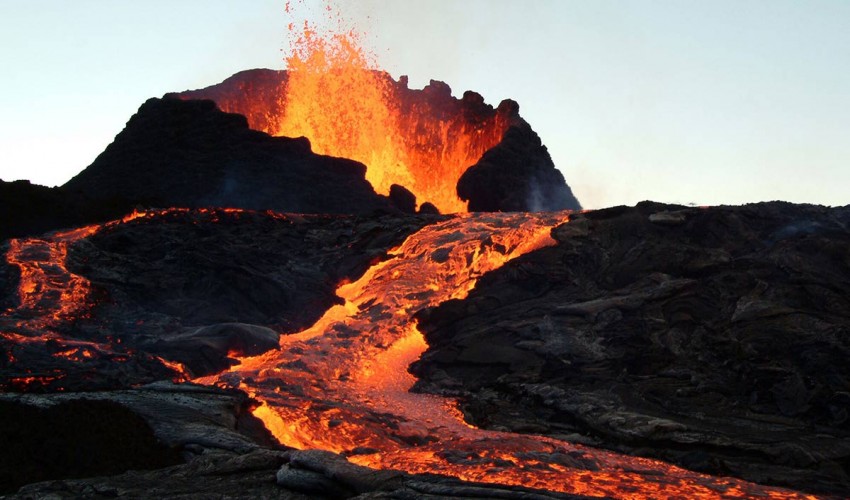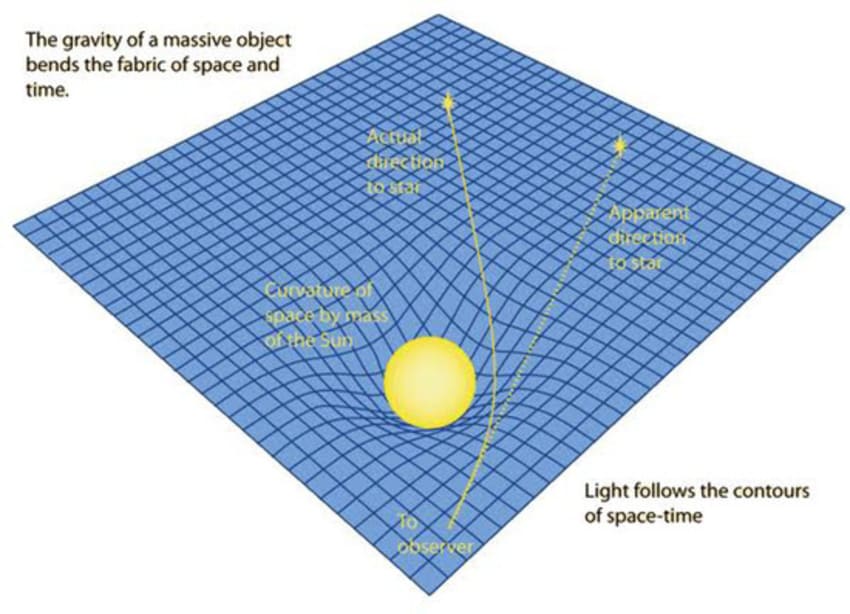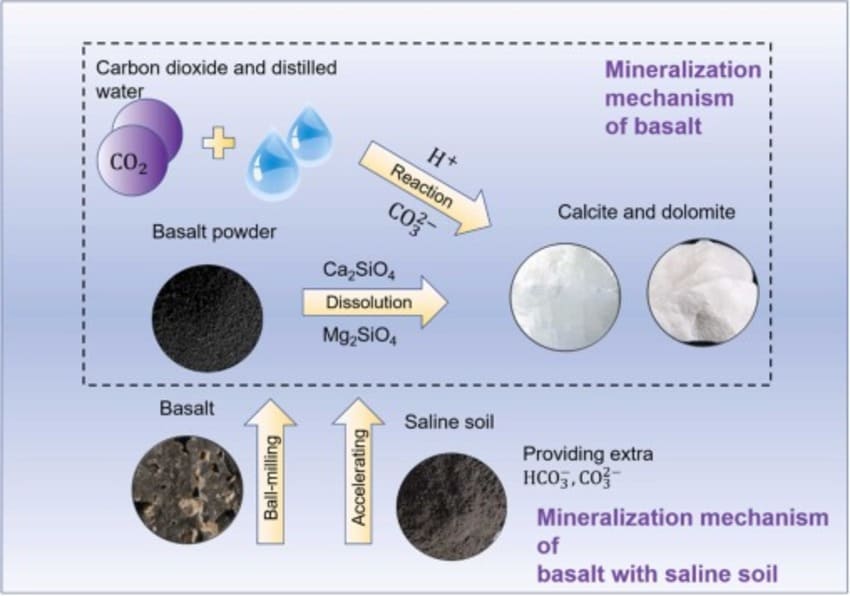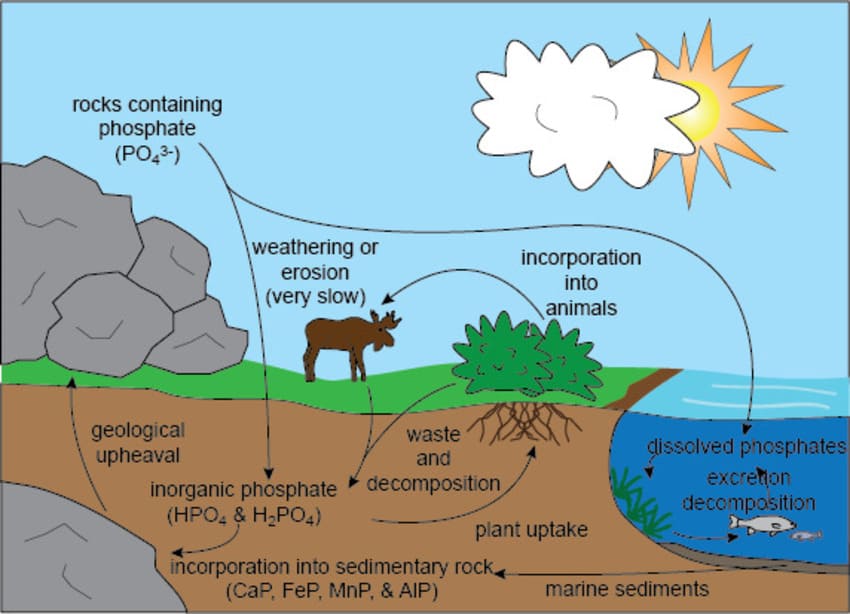Modern physics
26
Observing the eruption of a volcano will help scientists better understand weather and climate patterns.
- Rating
- eruption unprecedented
- tonga explosion
- eruption devastating
- atmospheric sciences
In the midst of its worldwide attention, the Hunga Tonga-Hunga Ha'apai volcano eruption in January provided scientists with an opportunity to examine the atmosphere for the first time, revealing secrets that could help them better predict the weather and the changing climate.
In the South Pacific nation of Tonga, the volcano erupted on Jan. 15, 2022, after being active Dec. 20, 2021. NASA said the explosion was more powerful than an atomic bomb because it destroyed one of the country's many islands.
Mathew Barlow, professor of environmental, earth, and atmospheric sciences at UMass Lowell, was part of an international team of scientists who researched the atmosphere's response to the eruption, which was unprecedented. Nature published the findings of the research team.
Barlow used satellite data to produce an animated film depicting the eruption's devastating impact. Atmospheric waves raced from Earth to the frontier of space at speeds of up to 720 mph during the incident. It also emitted a cloud of water vapour, ash, soil and smoke that rose 31 kilometres into the sky. The researchers' findings are encapsulated in a one-minute film.
Barlow, a member of UMass Lowell's Climate Change Initiative faculty, said, "Some of the wave types generated by the Hunga Tonga are really significant to understanding how the atmosphere works and our capacity to make good computer models for weather forecasting and climate forecasts." Strong volcanic eruptions, like the 1991 explosion of Mount Pinatubo in Alaska, can cool the climate by ejecting particles into the upper atmosphere. However, the amount of particles ejected by Hunga Tonga does not appear to be sufficient to have a noticeable effect on the climate.
Barlow believes that the Hunga Tonga explosion is the most powerful single burst of volcanic energy unleashed in 140 years, since the Indonesian Krakatoa volcano erupted in 1883. The intensity of the Hunga Tonga eruption, combined with improvements in satellite imaging, provided scientists with a new perspective on air waves. Barlow said he and his colleagues were able to communicate with agencies all across the world in near-real time to study the effects of the virus.
It was led by scholars from 10 institutions, including the University of Bath.
Leave a Reply
Your email address will not be published. Required fields are marked *


